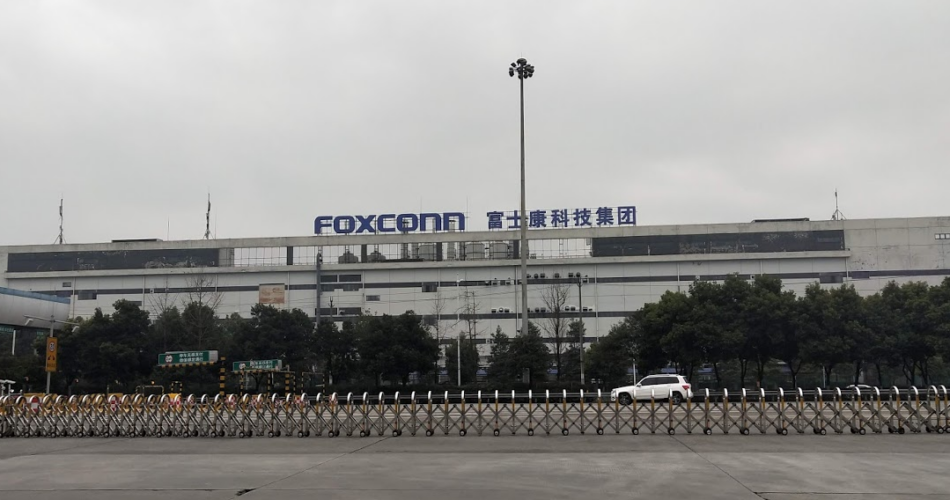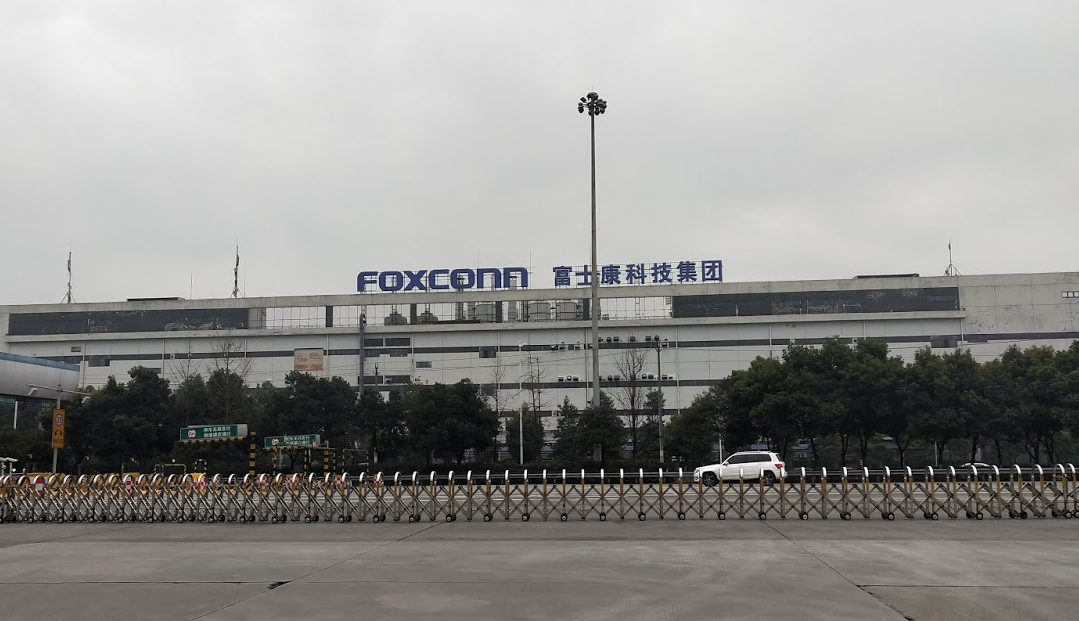Tech companies with manufacturing facilities in mainland China, including Apple Inc., are facing months-long disruption amid a massive outbreak of COVID-19 in the Middle Kingdom after the Chinese Communist Party dropped its zero-COVID policy.
COVID disrupting western tech companies in the country is nothing new. Apple faced delays in manufacturing as early as February 2020, before the virus had spread to the west and has suffered manufacturing issues since, but the situation on the ground now is unprecedented.
The CCP’s zero-COVID policy meant that anyone who tested positive or was exposed to someone positive was isolated and put in quarantine. The policy was still in place until early this month when in the face of unprecedented protests and a rapidly slowing economy, the CCP, to the surprise of many, blinked and the policy disappeared.
Many big tech companies operate in mainland China but Apple, through its relationship with Hon Hai Precision Industry Co. Ltd. (Foxconn), is perhaps the best known. Noting that protesting and civil disobedience in China is not allowed, it was a Foxconn iPhone factory in Zhengzhou where the first significant signs of protest against zero-COVID began. On Nov. 6, Apple warned that supplies of the iPhone 14 Pro and iPhone Pro Max would be lower than anticipated but little did they know what would happen less than two months later.
Having dropped zero-COVID, the Middle Kingdom is now undergoing the biggest outbreak not only of COVID but probably any virus in history. Estimates put new COVID cases at 37 million a day, with an estimated 250 million cases as of Dec. 24. The true figure may never be known as China has stopped publishing the data amid the massive outbreak. Hospitals are overflowing, morgues can’t keep up and experts believe that the worst is yet to hit.
The amount of disruption is without precedent. With millions falling sick – the country has low immunization rates and the vaccines being used in China are regarded as nearly useless anyway, western tech companies operating in mainland China are facing similar disruption.
The Financial Times reports that supply chain experts are warning that there is a growing risk of months-long disruption to the supply of iPhones. Unlike the previous outbreak at the Zhengzhou iPhone factory, this disruption will be much further spread due to potential worker shortages at component plants and assembly lines across the country.
“We should be seeing a lot of operations get impacted by absenteeism, not just at factories, but warehouse, distribution, logistic and transportation facilities as well,” said Bindiya Vakil, chief executive of supply chain mapping company Resilinc, told FT.
The supply chain issues are also expected to hit Apple’s bottom line. Analysts believe that Apple’s revenue will fall below its record of $123.9 billion in the same quarter of last year with profit expected to drop below 8%, but that’s just the last quarter of this year. Next year could be worse.
Along with supply issues, Apple also relies on mainland China for a fifth of its revenue. Worker shortages affect not only manufacturing but also retail, with Apple stores in China already cutting hours due to a lack of available employees. There is also a concern that given the crisis, Chinese consumers will also stop spending on non-essential items until the worst of the outbreak has passed.
Apple is not alone in facing issues, with Tesla Inc. reported having suspended manufacturing at its Shanghai plant. The plant was expected to shut down over New Year, but the decision came earlier than expected.
Other companies with manufacturing facilities in mainland China that are likely to be affected include Samsung Electronics Co. Ltd., Microsoft Corp., Google LLC, Dell Corp. and HP Development Co. LP.
Photo: Duncan Riley
Show your support for our mission by joining our Cube Club and Cube Event Community of experts. Join the community that includes Amazon Web Services and Amazon.com CEO Andy Jassy, Dell Technologies founder and CEO Michael Dell, Intel CEO Pat Gelsinger and many more luminaries and experts.
Source link




